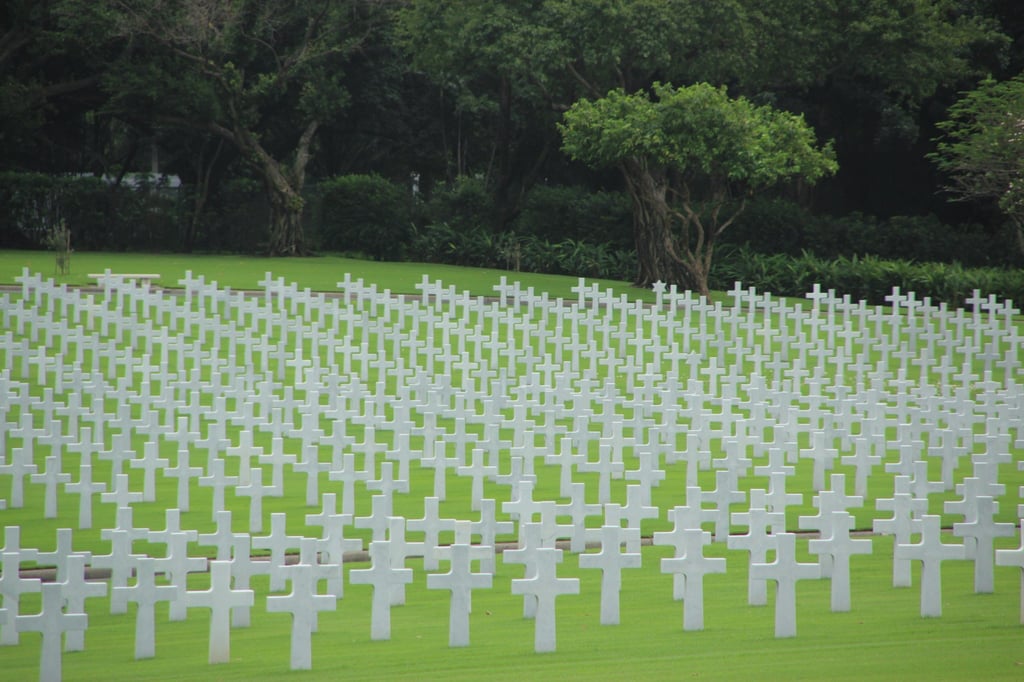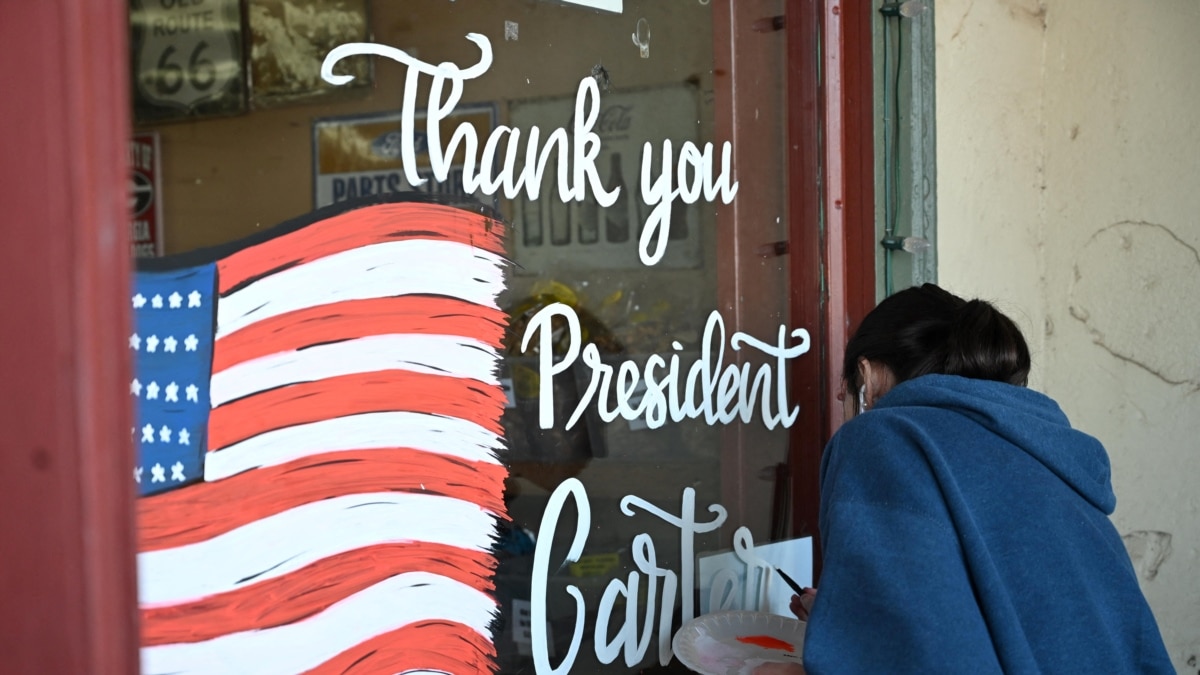In the heart of Manila, where noise and chaos reign supreme, the American Cemetery and Memorial is an oasis of stillness.
More than 50,000 fallen troops are honoured at the site – some with white marble headstones, but most as names etched into the Walls of the Missing, their remains never recovered. All but a handful were American soldiers. The cemetery does not commemorate the estimated 1 million Filipinos who also died in the Pacific War of 1941-45.
But this solemn ground does serve as a warning of the costs, casualties and consequences of war, as the Philippines once again finds itself on the edge of a gathering storm in the Pacific, caught between China and the United States.
“Sometimes, it’s as if you can feel the temperature rising,” said a Western military officer based in the Philippines who asked not be identified, speaking after a recent ceremony to commemorate America’s war dead. “China is essentially already on a war footing, and so our own preparations for war are gathering pace.”

As Beijing grows ever more assertive in its territorial claims, Philippine President Ferdinand Marcos Jnr has reversed the anti-American stance of his predecessor, Rodrigo Duterte. By doubling down on the 1951 Mutual Defence Treaty with the US and sidestepping a constitutional ban on foreign military bases, the Marcos administration has allowed Washington to make his country a cornerstone of its strategy to contain China, with US forces free to “rotate” through Philippine bases under their Enhanced Defence Cooperation Agreement (EDCA).

 By South China Morning Post | Created at 2025-01-04 00:04:59 | Updated at 2025-01-06 03:00:08
2 days ago
By South China Morning Post | Created at 2025-01-04 00:04:59 | Updated at 2025-01-06 03:00:08
2 days ago








